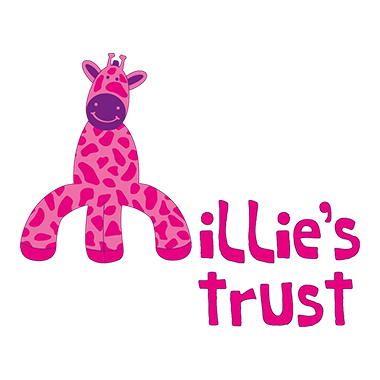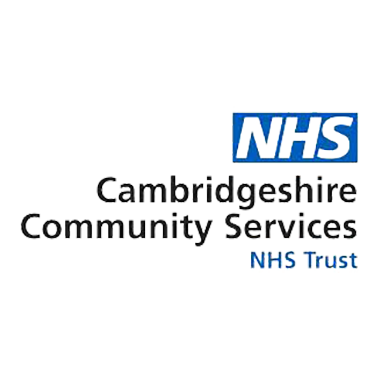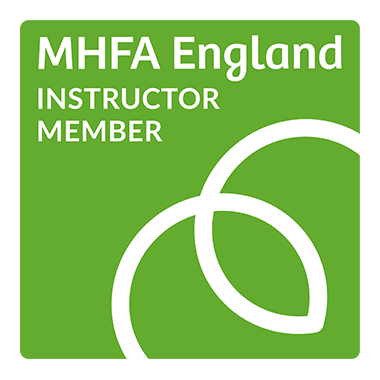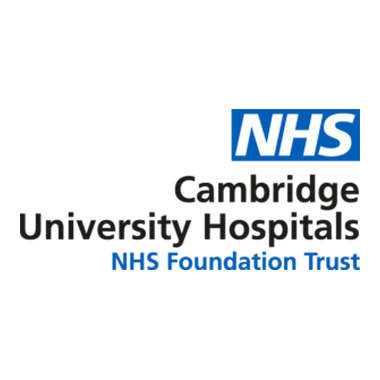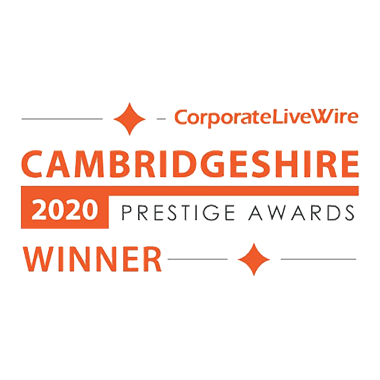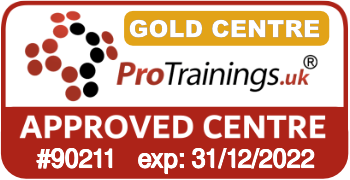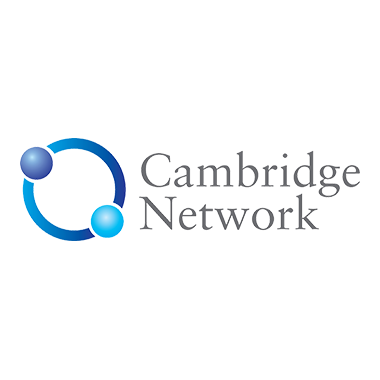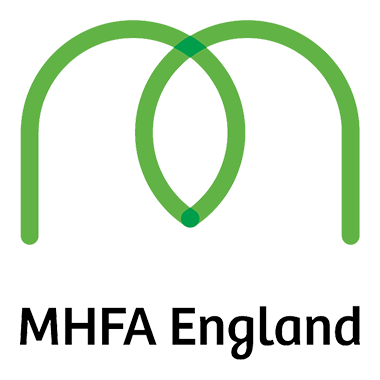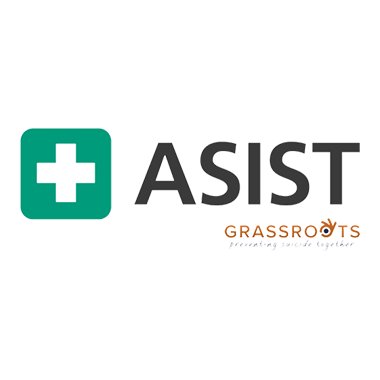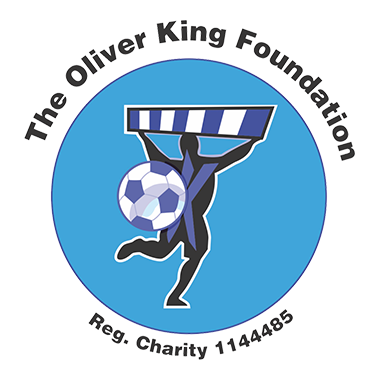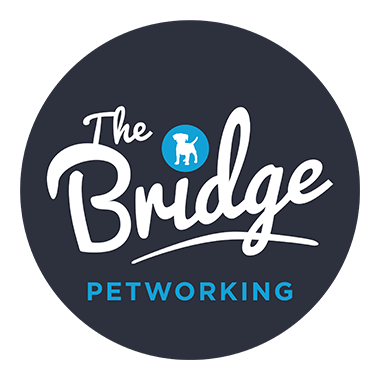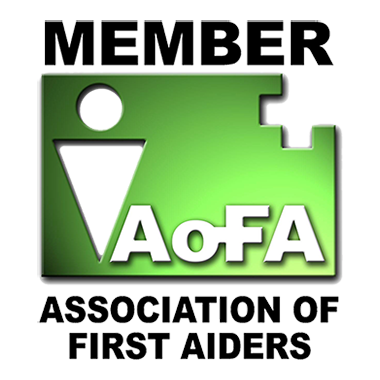Bridges
Our mission
“To empower individuals to develop life changing, functional skills by facilitating an inclusive space where learning is relevant, relatable and enjoyable.”
Our mission is ongoing
Our goal is to bridge the gaps left by traditional first aid training. To achieve this, we put a great deal of work into our training to create accessible tools and methodologies for learning.
In asking the right questions we identify gaps. Then we find solutions to bridge them.
Our ‘bridges’ are aimed at improving outcomes from ‘traditional’ first aid training. They are the foundation upon which we have developed new training programmes.
What have we learnt?
Lets not kid ourselves. New information doesn’t ‘just become habit’ without effort. Intention and focus for a short duration may not always suffice.
A typical day in a classroom may deliver information into your short term memory, but we want you to internalise it. In light of this lofty goal, our approach focuses on a shift of mindset in subtle ways. Our teaching style aims to provide some agency and perspective that supports sustainable changes.
It’s not always easy to explain concepts like this in writing without sounding pretentious. But we think that sharing the details of our three ‘Bridges’ is a useful way to illustrate what we are trying to achieve.
Bridge 1: Never boring
Just because something has strict guidelines or is mandatory, it does not mean it has to be boring.
We cover some serious subject matter, granted. This does not mean we don’t have a real sense of humour. Good energy, a packet of hobnobs and a selection of teas. Homey touches.
Follow our blog to learn more about our ongoing research into the science and psychology of focus and learning. Variables are infinite. The subject is vast.
Bridge 2: Memorable
Why was traditional first aid forgettable?
Ermm because it is boring…?
Seriously, who remembers first aid mnemonics beyond the classroom.? We think they take up space rather than aid memory. Unless they are funny or relatable or turned into a song, there are much better ways to teach so students learn.
“To learn and not to do, is really not to learn. To know and not to do, is really not to know”
Stephen R. Covey
You pass your driving test and then learn to drive right? But you drive often, which consolidates the skills.
You attend first aid training once in a blue moon. You can only remember things if those neural pathways have been well trodden over time. (Unless you experience trauma. Trauma takes a short cut, a superhighway deep into your memory in neon letters.)
I often wonder if the old-fashioned clipboard wielding dictatorial training techniques where designed to terrify you into remembering… military style.
There is another way
Why do we remember 9/11, and forget where we put our car keys?
Because it was emotionally charged.
If you experience, joy, wonder, surprise, or can connect to something you are more likely to remember all the details. Listening is draining. Good training is a novel experience and unforgettable. Props, multimedia, games, challenges, physical and practical. Metaphor and analogies. Something for everyone.
Our courses understand and accommodate this.
Stories are data with soul. We tell stories.
Bridge 3: Accessible skills in the real world
Managing fear
You cant control your mind with your mind.
What is your fear? Blood or vomit, eyes or bones? Frightened of making it worse? Scared of doing the wrong thing?
You are already doing the right thing. You are learning.
Fear was meant to mobilise you to move, to react. Without fear to help us out, we are in big trouble. It’s all about balance and harnessing it to work for you.
Just like physical practice, mental practice is to be encouraged. We re-package tools mother nature provided and bring an awareness to your reactions during times of stress. Maybe that sounds woo-woo, but its benefits have been shown time and again. We follow and are excited about what neuroscience is demonstrating in this field.
Doing something and knowing ‘enough’
It’s actually quite hard to make it worse.
Functional is the name of the game, not perfect. Perfect is boring, we are not boring, and life is not perfect.
We reserve perfect for the experts and something to aspire to. Perfect kills confidence, whereas knowing “enough” fosters confidence.
You are always the most important person
Public Health England state:
“People are likely to show altruism in emergencies. Whilst this is a great asset, it can also be a problem as they may expose themselves to danger”
It is vital to care for your own needs before and after an incident. You did the best you could. The scene has been cleared. Consider the debris you cannot see for all parties involved.
This is why mental health first aid is an integral part of physical first aid.
This is not a mandatory consideration, nor is there a box on standardised incident report forms. First aid does have it’s limitations.
